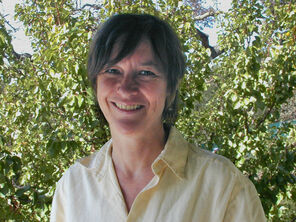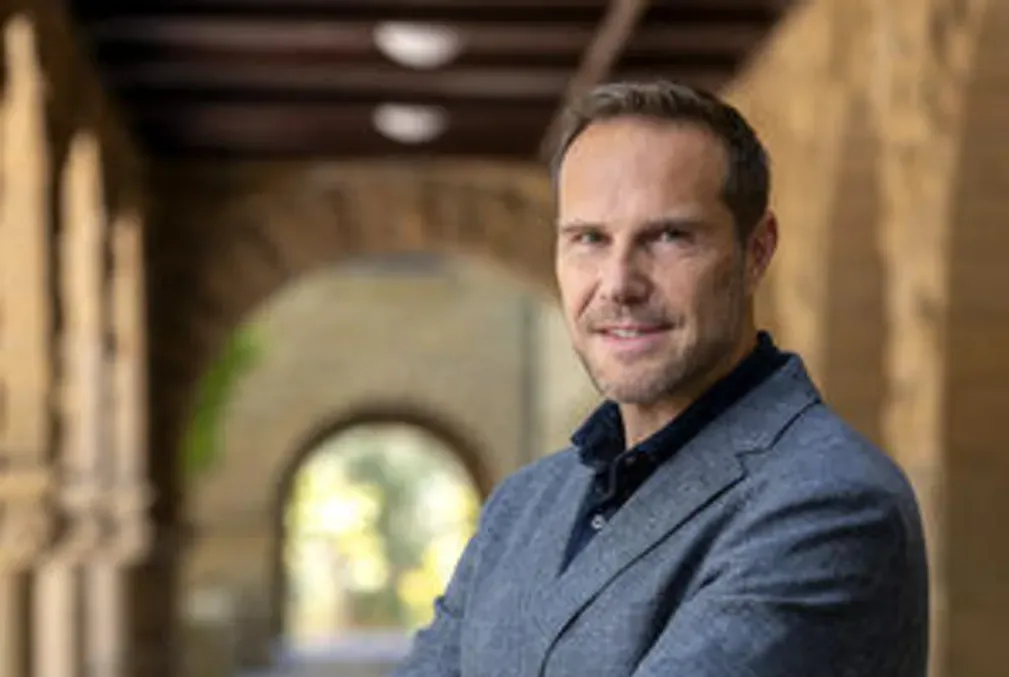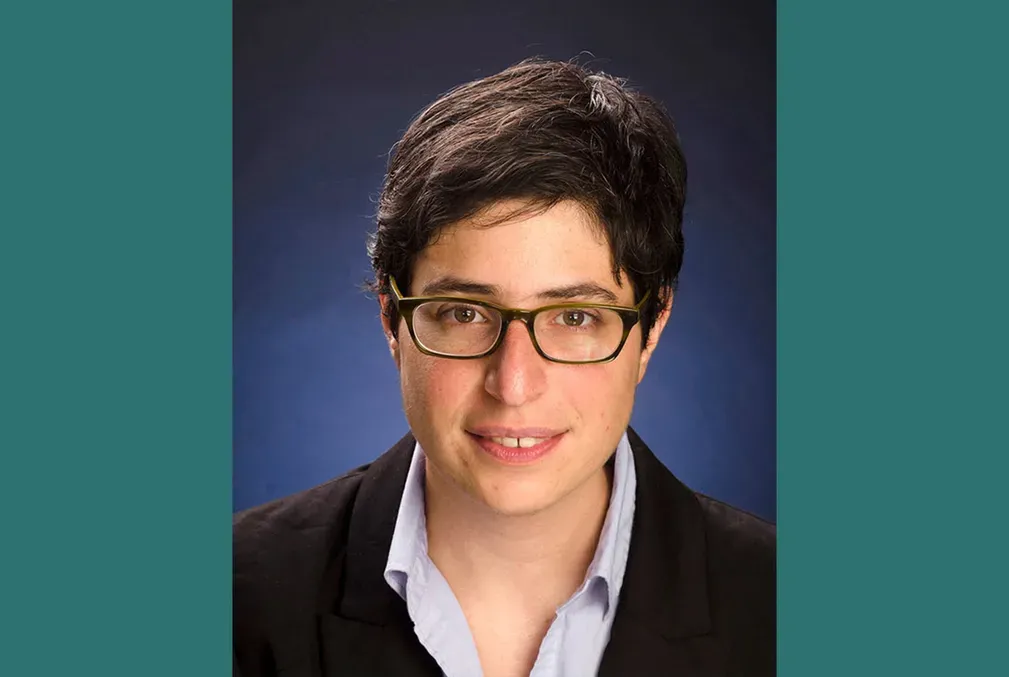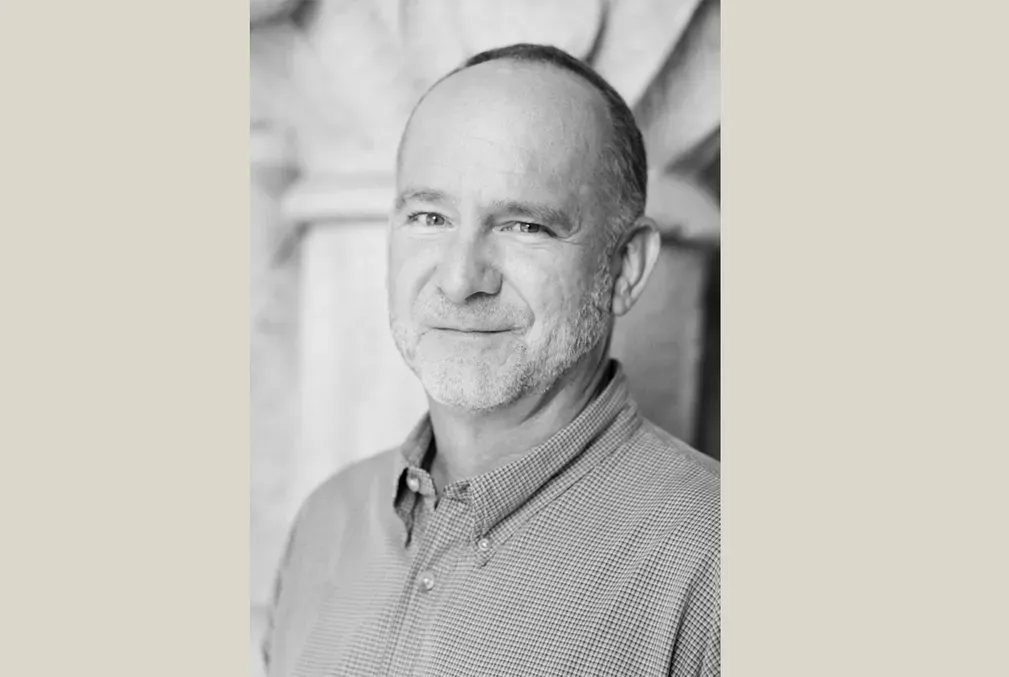Alice Rayner, beloved theater professor, dies at 76
Known for her ability to cut to the heart of complex themes in theater and performance texts, Rayner was sought out by colleagues and students for her keen insights. Her mentorship, humor, and generosity made her a cherished member of the Stanford community.
Alice Rayner, professor of critical theory and dramatic literature emeritus in the Stanford School of Humanities and Sciences and a prolific scholar who was beloved by students for her humor and intelligence, died May 11. She was 76.
Rayner was a popular professor at Stanford for more than 20 years and served as chair of the Department of Drama, now the Department of Theater and Performance Studies (TAPS), from 2002 to 2005. Her research focused on dramatic literature theory, and she explored its full range. She wrote books and papers and contributed book chapters on diverse topics including playwrights Harold Pinter and Shakespeare, the nature of acting on stage, phenomenology (lived experiences) of comedy, and theater’s capacity to explore political and cultural themes.
“Alice Rayner was a superb and inquisitive scholar, a committed and devoted departmental leader, and a supportive colleague and friend,” said Harry J. Elam, the Olive H. Palmer Professor in the Humanities, Emeritus, in H&S. Elam was Rayner’s co-author on four articles on playwright and screenwriter Suzan-Lori Parks.
“Alice was particularly gifted in critically engaging with theater and performance texts and in considering matters of theory and practice,” Elam said. “With her always-active mind, she had a way of asking just the right question that helped you think more deeply about a certain idea or scene or play. TAPS graduate students clamored to work with her because of her ability to open up their projects to new ideas and approaches. She was a great friend and genuinely caring person. She will be dearly missed.”
A relentless curiosity
Rayner joined Stanford’s faculty in 1986 and taught graduate and undergraduate courses in dramatic literature and theory. Her writing and work focused on themes in theater related to phenomenology, similarities between comedy and tragedy, genre theory, rhetoric, psychoanalysis, and hermeneutics (the interpretation of language) in the analysis of texts and performance.
Among her most notable accomplishments were the publications of three books: Comic Persuasion: Moral Structure in British Comedy from Shakespeare to Stoppard (University of California Press, 1987); To Act, To Do, To Perform: Drama and the Phenomenology of Action (University of Michigan Press, 1994); and Ghosts: Death’s Double and the Phenomena of Theater (University of Minnesota Press, 2006). Each book explored a different aspect of theater and demonstrated her wide-ranging knowledge of performance and its history.
Rayner published nearly 10 journal articles and authored chapters for seven books including: "Body Parts: Between Story and Spectacle in Venus by Suzan-Lori Parks," with Elam in the book Staging Resistance: Political Theater and Social Change (University of Michigan Press, 1998); "All Her Children: Caryl Churchill's Furious Ghosts," in the book Essays on Caryl Churchill: Contemporary Representations (Garland Press, 1999); and "Everywhere and Nowhere: Theater in Cyberspace," in the book Borders and Thresholds: Theater History, Practice, and Theory (University of Minnesota Press, 1999).
“A deeply theoretically minded colleague, Alice was my go-to person to help me make sense of the latest theoretical jargon,” said Rush Rehm, professor emeritus of theater and performance studies and of classics and founder and artistic director of the Stanford Repertory Theater. “She also loved theater as a real-world practice, and her responses to performances were keen and on-target. I still remember her contribution to Stanford Repertory Theater's symposium on Oscar Wilde and Samuel Beckett, ‘He's Funny That Way.’ She spoke of Beckett presenting us with a ‘calculus of dying,’ something we all face and never quite master. Alice was a kind, generous colleague, and her retirement many years ago came too early for us.”
In addition to her teaching, mentorship, research, and contributions to the Stanford community, Rayner led annual seminars at the Oregon Shakespeare Festival. She also took part in yearly vision quests and sweat lodge sessions in the Native American tradition. These activities helped fuel her work and relentless energy, passion, and curiosity.
“She cared about me as a whole person”
Rayner was born Dec. 11, 1947, in Los Angeles to Alice Kelly and Merwyn Rayner. She earned a bachelor of arts from Principia College in 1969, a master’s degree in theater arts from San Francisco State University; and a doctorate in dramatic art from the University of California, Santa Barbara in 1985. She was an instructor at Santa Barbara City College from 1984 to 1985 and an assistant professor at the University of California, Irvine from 1985 to 1986. She joined Stanford’s faculty in 1986 and retired in 2011.
“I remember meeting Alice Rayner in the hallways of Memorial Auditorium and being star-struck by her while also appreciating her warmth and humility,” said Jisha Menon, professor of theater and performance studies at Stanford. “As a senior colleague, she would frequently check in on me and urge me to take a break and go on a vacation. She cared about me as a whole person and encouraged me to pay attention to all aspects of my thriving. She was a role model to me, and I’ve tried to emulate her grace, humor, and rigor in all that I do.”
Alice Rayner is survived by her son, Eric Quandt (Lauren Brady); her sisters Jeanne Rayner and Betsy Woltz; her brother Bill Rayner (Sue Rayner); and two grandchildren.




